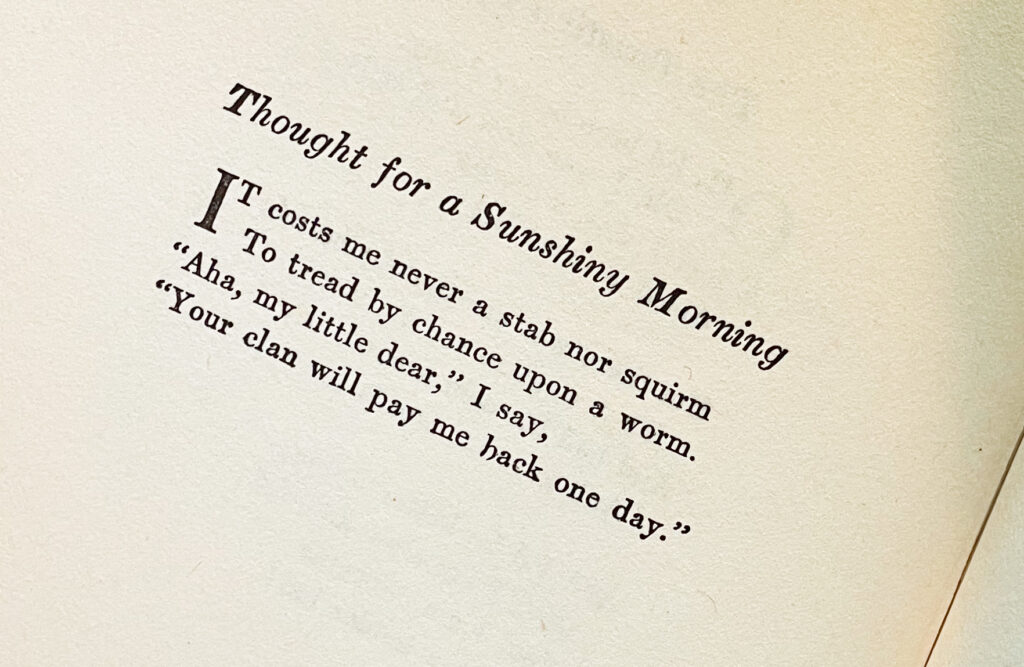Poetry is a powerful medium for self-expression and emotional exploration, playing a pivotal role in the personal development of school students. When woven into the classroom curriculum, it creates a distinctive atmosphere that nurtures creativity, bolsters emotional intelligence, and hones linguistic abilities. This piece, supported by insights from: how to write a discussion post DoMyEssay on how to write a discussion post, delves into the diverse ways poetry contributes to the growth of students, with a particular focus on “poetry for school students.” Through poetry, learners access a realm where words go beyond their surface meanings, fostering deep reflection, expressive richness, and a profound grasp of the human condition.
By engaging with styles of poetry, students are invited into a world where words transcend their literal meanings, offering a platform like girlsonkey.com for deep reflection, self-expression, and a profound understanding of the human experience. Students develop critical thinking and empathetic skills by analyzing and creating poetry, laying a foundation for lifelong learning and emotional resilience. Poetry for school students isn’t just about reading and interpreting; it’s about feeling, connecting, and growing in a shared space of creativity and understanding.

Embracing Creativity through Poetry for School Students
Poetry for school students is not just about learning to write in verse; it’s a gateway to unlocking creativity. When students engage with poetry, they delve into a world where language is not just a communication tool but an art form. This engagement nurtures their ability to think creatively and express themselves in nuanced and powerful ways. Poetry encourages students to see the world through different lenses, promoting empathy and a deeper understanding of diverse perspectives.
The Significance of Poetry in the Classroom
The role of poetry in the classroom extends beyond the confines of traditional literary studies. It catalyzes discussions about life, society, and personal feelings, making it a powerful tool for emotional and social learning. By integrating poetry, teachers unlock a myriad of perspectives, fostering an environment ripe for empathy, critical thinking, and personal connection. This inclusion often leads to increased student engagement and a deeper connection to the material, as poetry invites learners to explore and express complex emotions and ideas. Students learn to articulate their thoughts and feelings reflectively and critically through poetry in the classroom, enhancing their analytical skills and emotional intelligence. Additionally, poetry in the classroom encourages students to explore linguistic nuances and the power of words, further enriching their communication skills and fostering a greater appreciation for literature’s impact on individual and collective experiences.

Building Connections with Short Poems for Teachers from Students
Short poems for teachers from students, exploring various poem styles, offer a unique opportunity for expression and gratitude.These poetic expressions allow students to articulate their appreciation for their educators in a personalized and profound way. Such gestures foster a stronger teacher-student relationship, crucial for a supportive and nurturing learning environment. By encouraging students to write poems for their teachers, educators cultivate a culture of respect, appreciation, and emotional expression within the classroom. This practice not only honors the dedication of teachers but also empowers students to use poetry as a means of communication that transcends the ordinary, instilling in them confidence in their ability to express complex feelings and thoughts. Moreover, it introduces a level of emotional literacy and mutual respect that enriches the educational journey, making the classroom a space where both academic and personal growth are equally valued. Additionally, the teacher to student poem serves as a reciprocal gesture, where educators can similarly express their hopes, guidance, and recognition of their students’ efforts and achievements, further solidifying this enriching bond.
Fostering Mentorship through Teacher-to-Student Poem
Conversely, the teacher-to-student poem is a beautiful reversal highlighting teachers’ mentorship and guidance. These poems can serve as motivational tools, conveying lessons and encouragement in a memorable and impactful way. They reinforce the teacher’s role as an educator and mentor who recognizes and nurtures their students’ personal and academic growth. Similarly, short poems for teachers from students offer a poignant opportunity for students to express their gratitude and respect toward their teachers. These short, heartfelt pieces of poetry enable students to articulate their appreciation concisely yet deeply meaningfully, further enriching the teacher-student connection.

Conclusion
With its profound ability to convey emotions and articulate thoughts, poetry is invaluable for students’ personal growth. Whether through creative expression, emotional and social learning, or fostering connections between teachers and students, poetry enriches the educational experience. It encourages students to explore and express their inner selves, fostering a sense of empathy, creativity, and self-awareness that extends far beyond the classroom. By integrating poetry into educational settings, we not only enhance the literary skills of students but also contribute to their overall personal development. This is particularly evident in the practice of teacher to student poem, which highlights the unique mentorship and guidance teachers can offer through poetry, thereby strengthening the teacher-student relationship and enhancing the learning experience.